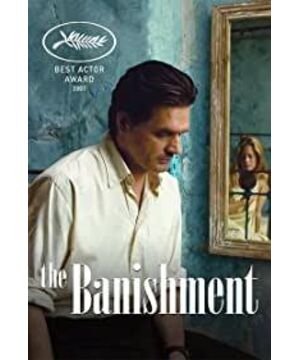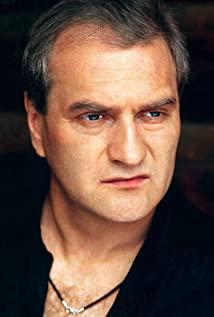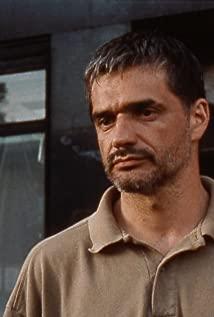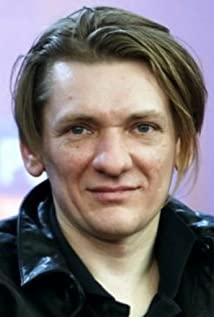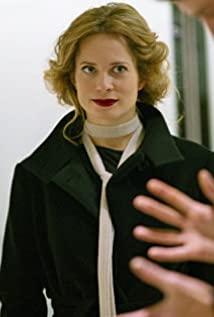When I saw the middle part, I felt that it was very similar to the Revolutionary Road, except that the Revolutionary Road had everything to say on the surface, but in the end it was not clear. This is so heart-wrenching, angina pectoris in the second half, looking forward to looking forward to not looking forward to the immortality, the death of a person is actually not so sad, but it is justified to live a peaceful life at the beginning, in contrast, it is a bit reluctant. The later confession is that all love and marriages end like this, but they are not as literary and artistic as they look in the movie, and the local version of sorrow and pain is similar. According to personal observations, women can't feel love in marriage. Are men not good at expressing themselves or don't care about them at all? It's enough to have food and clothing every day, and watching children grow up is enough? When will I be able to sympathize with these emotional, marriage and family disputes? Maybe my mother can understand this film, but maybe my mother won't understand Vera's statement that the child is not her husband's, and then turns her head away, thus missing the essence of the second half of the story.
There is also a piece of thinking about Vera's husband, why is Vera's emotional contribution to the family different before and after the family is born? I recently saw that I am Yu Huanshui, and found that the life of a middle-aged man is also very difficult. Because of this, he does not tell his family anything. He is holding it all by himself. It is difficult to be interrupted when he wants to cry on the road, and then try to pick it up. I can't cry anymore. In this world, who should understand who? And Soviet movies always remind me of the huge impact the Soviet Union’s disintegration brought to Russia, and the dark, rumbling environment in industrial zones. What does the director want to highlight?
There's nothing to say, I just wanted to share pictures, so I made up the word count
View more about The Banishment reviews


